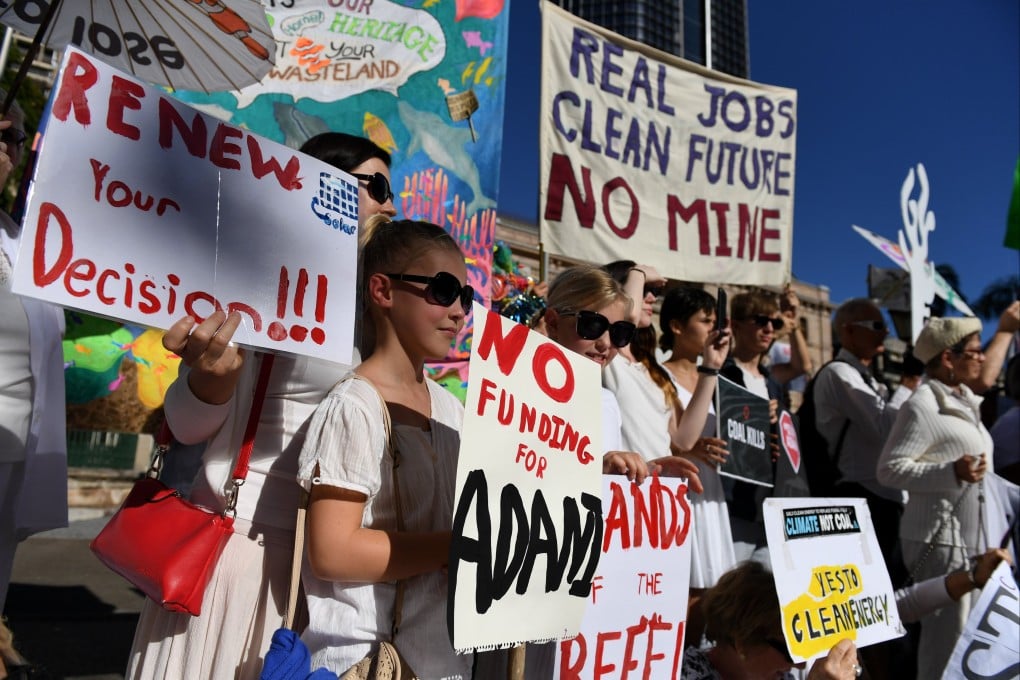Letters | Adani Group’s troubles are a warning against investment in fossil fuels
- Readers discuss why investors should exclude companies involved in coal, oil and gas projects from their portfolios, and universities’ tracking of waste recycling

That said, Adani – as with most companies propping up coal, oil and gas – was always a bad investment. Companies investing in fossil fuel expansion are playing a game where nobody wins.
The world’s biggest financial institutions have funded Adani, including its rapid coal expansion. JPMorgan Chase, Mitsubishi UFJ Financial Group, Citi and Bank of America are just a few bond underwriters that must explain how they assessed Adani Group companies’ worth before the shady practices detailed in the Hindenburg report were made public.
The Wangan and Jagalingou indigenous people, who live near the Carmichael coal mine in Queensland, Australia, persuaded 55 financial institutions not to invest in the mine. More than 100 companies – from ANZ bank to insurer Zurich – have ruled out involvement or distanced themselves from all or part of the Adani Carmichael project. Avoiding direct investments protected them from this company and project.
In August last year, Wangan and Jagalingou custodians warned investors against indirectly funding the project through Adani’s many shell companies. Now these indirect investments are in trouble.
For panicking investors, the first order of business should be to stop all funding to the Adani Carmichael coal mine, whether direct or indirect. They need to set up policies to restrict financing of new coal, oil and gas or other projects that violate human rights.